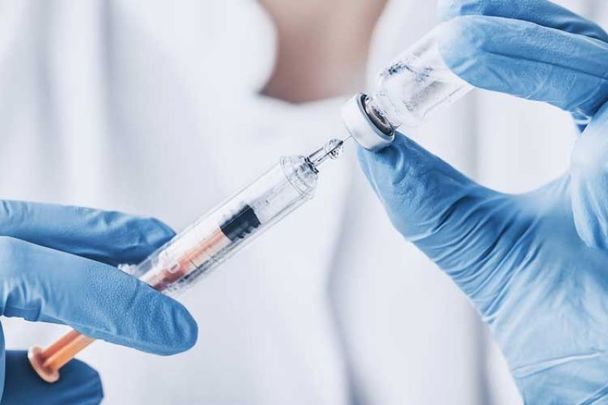The Irish Government hopes to vaccinate some of the country's most vulnerable people before the end of the year as promising developments from Pfizer and Moderna look set to get the green light in Europe.
The Government has established the National Vaccine Taskforce to provide a full national vaccination strategy by December 11, when it will deliver its report to Taoiseach Micheál Martin.
The Irish Independent reports that the Taskforce is likely to propose rolling out the vaccine in GP practices and regional hubs across the country and that the Taskforce is also likely to suggest a "vaccine passport" that will enable the HSE to keep track of who has been vaccinated.
The Government's Taskforce consists of representatives from different departments and includes experts in logistics, procurement, and health, and plans to vaccinate up to one million of the most vulnerable people in the country in the coming months, according to the Irish Independent.
The Department of Health and the HSE have been planning for a potential vaccine for months and the new Taskforce was set up earlier this week following positive announcements from Moderna and Pfizer.
The two companies have announced that their vaccine has proved over 94% effective against the coronavirus and are now awaiting approval in America and in Europe.
RTÉ reports that both vaccines are the most likely vaccines to be approved in Europe and that the Taskforce is working off that information.
The EU has negotiated a deal with Pfizer for 300 million doses of its vaccine and will distribute it among its member states based on their population.
Ireland, with roughly 1.1% of the EU's population, stands to receive around three million doses of the Pfizer vaccine and roughly 1.6 million doses of the Moderna vaccine after the EU came close to finalizing a deal with Moderna that could potentially secure 160 million doses.
However, the EU has negotiated deals for a vaccine with six different companies, and Ireland's vaccination plan depends on which company gets the green light first.
The Pfizer vaccine, for example, needs to be stored at around -70C, which will require sophisticated technology that won't be found in a GP practice, according to Kingston Mills, a Professor of Experimental Immunology at Trinity College Dublin.
"I would imagine there would have to be specialized clinics which would have these freezing devices, if it is the Pfizer vaccine that is being rolled out. That would have to be done in dedicated centers for vaccination," he told RTÉ News.
Meanwhile, Minister for Higher Education Simon Harris said on Twitter on Saturday that any vaccination plan would require "bipartisan efforts".
Replying to a Mail On Sunday/Ireland Thinks poll that showed that 70% of people in Ireland would take the COVID-19 vaccine, Harris said that political parties in Ireland will need to work together to get the message out that vaccines are safe.
"This is not a party political point. Good people in all parties & we will all need to work together to get the message out. We have done it before on major issues," he wrote on Twitter.
We will need bipartisan efforts to support vaccination when one or more are approved for #Covid19 by authorities. This is not a party political point. Good people in all parties & we will all need to work together to get the message out. We have done it before on major issues https://t.co/2AEAS40nnw
— Simon Harris TD (@SimonHarrisTD) November 29, 2020




Comments